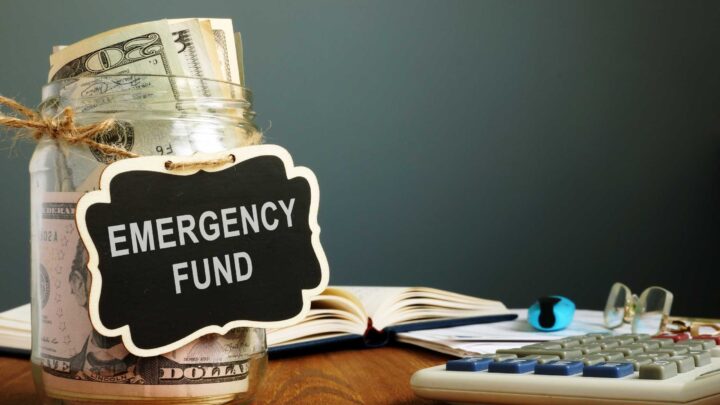Hello Grasshoppa,
An emergency fund is a crucial component of any solid financial plan. It serves as a safety net, providing you with the financial cushion needed to handle unexpected expenses like medical bills, car repairs, or sudden loss of income. Without an emergency fund, you might be forced to rely on credit cards or loans, which can lead to debt.

Why You Need an Emergency Fund
- Financial Security: It provides peace of mind, knowing you have a financial buffer to protect against life’s uncertainties.
- Avoiding Debt: With an emergency fund, you avoid accumulating high-interest debt when unexpected expenses arise.
- Flexibility: It gives you the freedom to make better financial decisions, like investing for the long term without worrying about liquidating investments prematurely.
How Much Should You Save?
A general rule of thumb is to have 3 to 6 months’ worth of living expenses in your emergency fund. If your monthly expenses are RM3,000, aim for at least RM9,000 to RM18,000. If you have dependents or an unstable income, you might want to save more.

Building Your Emergency Fund
- Set a Goal: Determine how much you need & set a realistic savings target.
- Start Small: Begin by setting aside a small amount each month. Even RM200 a month can accumulate over time.
- Automate Your Savings: Use an automated savings plan to transfer a portion of your income directly into your emergency fund account.
- Keep It Accessible: Store your emergency fund in a high-yield savings account where it’s easily accessible but not too tempting to dip into.
Where to Keep Your Emergency Fund
Choose a safe & liquid option like a high-yield savings account or a fixed deposit account. The goal is to have quick access to your funds without risking loss in the market. You can also explore digital banks where they are currently offering daily or annual return between 2-4%.

OSS!



